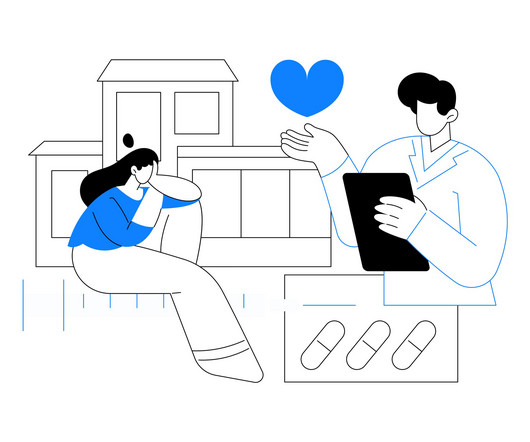International Women’s Day: Interviews with Drs Joanne Fegan, Maeve Doyle and Atiqa Rafiq
College of Psychiatrists of Ireland
MARCH 7, 2025
She is a Consultant in Later Life Psychiatry with Mayo Mental Health Services. I enjoyed the team working, the holistic approach and the very human touch that psychiatry employs in delivering health care. Stigmatisation of those with mental illness. Did you always want to be psychiatrist? Do any challenges remain?












Let's personalize your content